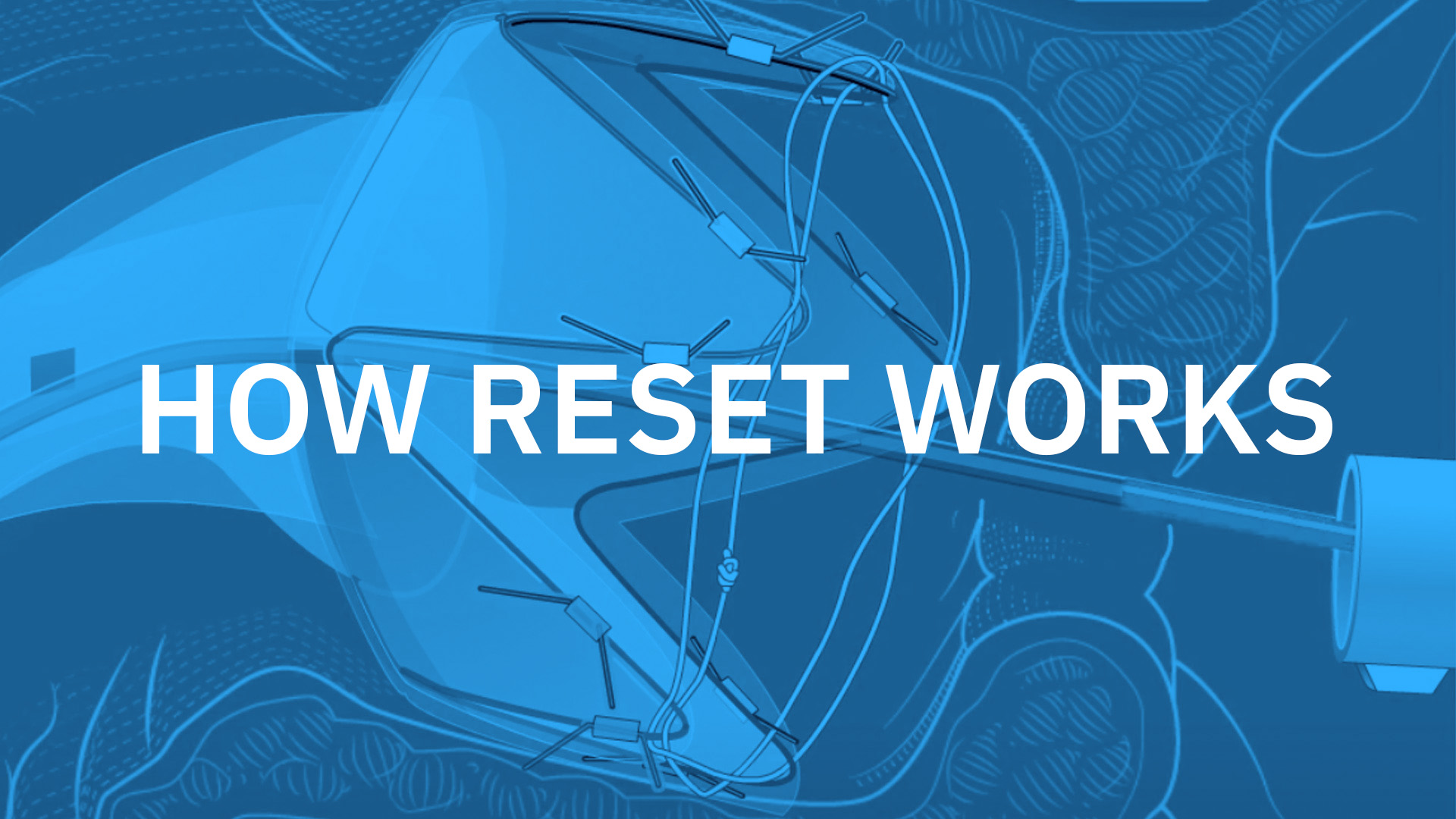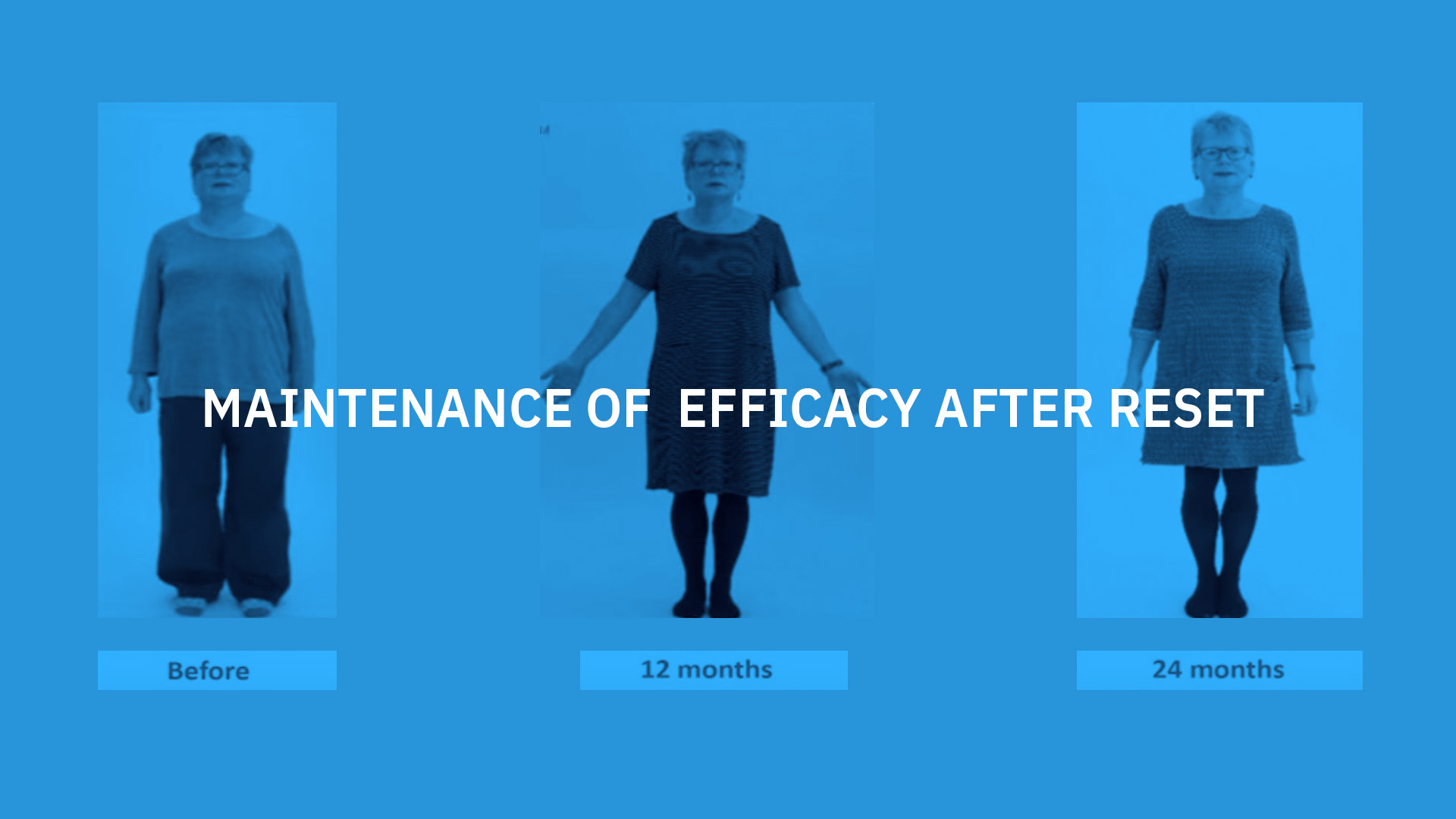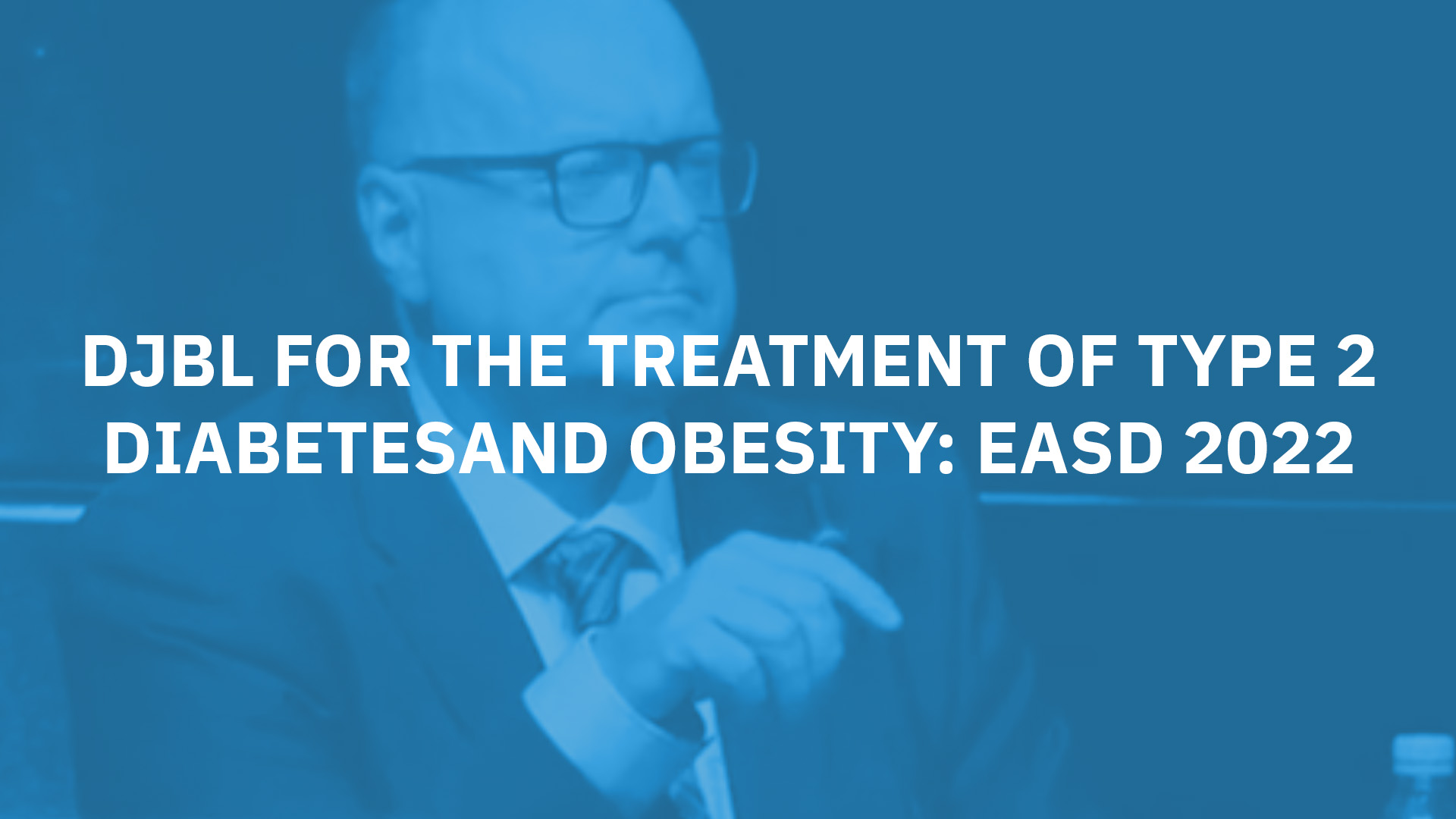August 6, 2024
This joint ASGE-ESGE guideline provides an evidence-based summary and recommendations regarding the role of endoscopic bariatric and metabolic therapies (EBMTs) in the management of obesity
Read More »
August 6, 2024
There is a worldwide pandemic of type 2 diabetes (T2D) and obesity. In clinical practice, many patients with obesity have poor glycemic management despite diet and lifestyle advice and maximal medicat...
Read More »
August 6, 2024
The Duodenal-Jejunal Bypass Liner (DJBL), also known as EndoBarrier® and RESET® (Morphic Medical, Boston, USA), is a 60 cm long impermeable fluoropolymer sleeve which is implanted by endoscopy into th...
Read More »
December 10, 2022
Our data demonstrate that EndoBarrier is highly effective in people with refractory diabesity, with maintenance of significant improvement three years after removal in 77% of cases.
Read More »
November 22, 2022
Significant effects of DJBL treatment on NAFLD fibrosis and APRI score further suggests protective effects of DJBL on liver-related morbidity and mortality in patients with obesity and T2DM.
Read More »
March 4, 2020
People with obesity commonly face a pervasive, resilient form of social stigma. They are often subject to discrimination in the workplace as well as in educational and healthcare settings. Research in...
Read More »
January 7, 2020
EndoBarrier was highly effective in this setting in patients with advanced diabetes and obesity. Given the high cardiovascular and microvascular risk of these patients, benefits might outweigh risks. ...
Read More »
March 2, 2019
The aim of this study was therefore to investigate the safety, feasibility and effectiveness of early (4-month) reimplantation of the DJBL in patients who show an early relapse in BMI and HbA1c after ...
Read More »
October 2, 2018
In addition to reducing the requirement for insulin and a liver fat biomarker, EndoBarrier treatment reduced 10-year CVD risk by clinically useful amounts in patients with poorly controlled diabetes a...
Read More »
July 28, 2018
Obesity associated with diabetes mellitus is a significant worldwide problem associated with considerable health care costs. Whilst surgical intervention is effective, it is invasive, costly and assoc...
Read More »
June 24, 2018
This study provides the largest, so far, hypothesis-generating evidence for a putative positive risk/benefit ratio for treatment of obese patients with type 2 diabetes mellitus with the DJBL as an alt...
Read More »
June 24, 2018
End-OSA trial (ISRCTN:33788132) is an NIHR sponsored research trial, to assess the extent to which patients with type 2 diabetes/pre-diabetes, obesity(BMI 30-45Kg/m²) and moderate OSA requiring CPAP a...
Read More »
June 24, 2018
Our data demonstrate EndoBarrier as highly effective in patients with refractory diabesity. Maintenance of improvement after EndoBarrier removal was achieved in 68%. There were high patient satisfacti...
Read More »
June 24, 2018
The effects of EndoBarrier therapy on glycaemic control, weight and blood pressure are likely to reduce the complications of type 2 diabetes. This 1st international data from the EndoBarrier worldwide...
Read More »
June 23, 2018
There are multiple pharmacotherapy options for type 2 diabetes mellitus (T2DM) including injectable glucagon-like peptide 1 receptor agonists (GLP-1RA). EndoBarrier is an innovative impermeable liner ...
Read More »
June 9, 2018
Endoscopically placed duodenal-jejunal bypass sleeve (EndoBarrier) has been designed to achieve weight loss and improve glycaemic control in morbidly obese patients with clinically proven effectivenes...
Read More »
May 30, 2018
A total of 1,064 studies were identified, 147 of which were duplicates. After abstract review, 741 studies were excluded, leaving 176 articles for full manuscript review. Full article review resulted ...
Read More »
May 25, 2018
Medscape article by author Marlene Busko.
Read More »
November 15, 2017
Endoscopically placed duodenal-jejunal bypass sleeve devices, such as the EndoBarrier (GI Dynamics, Lexington, Massachusetts, USA), have been designed to create an impermeable barrier between chyme ex...
Read More »
July 31, 2017
Treatment with the DJBL in T2DM patients with (morbid) obesity results in improvement in glucose control, a reduction in anti-diabetic medication, and significant weight loss. The largest changes are ...
Read More »





